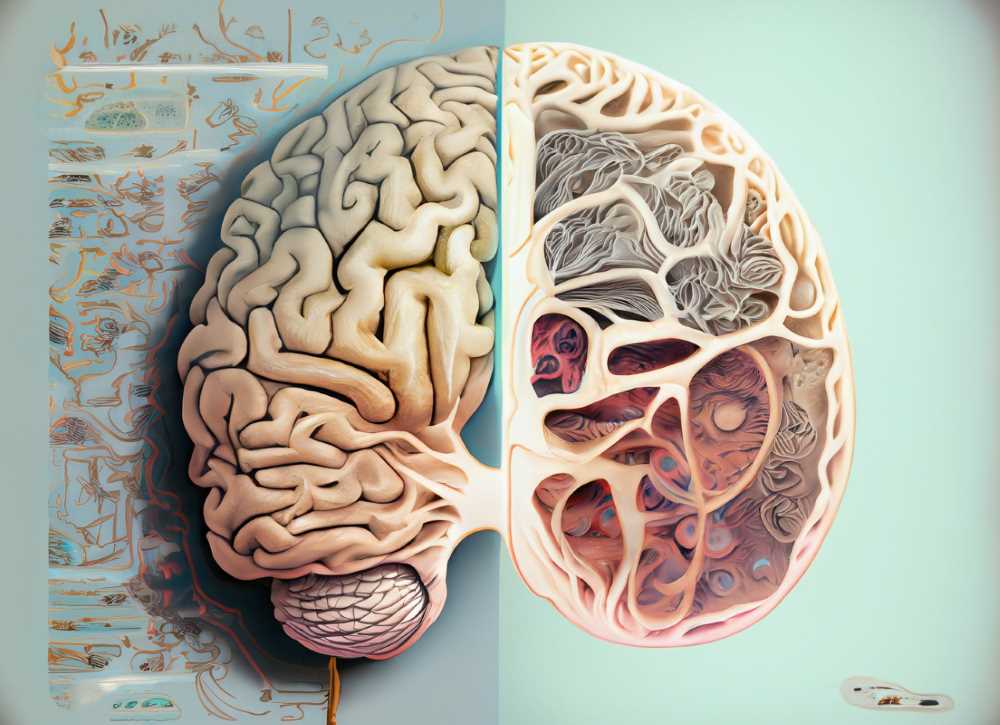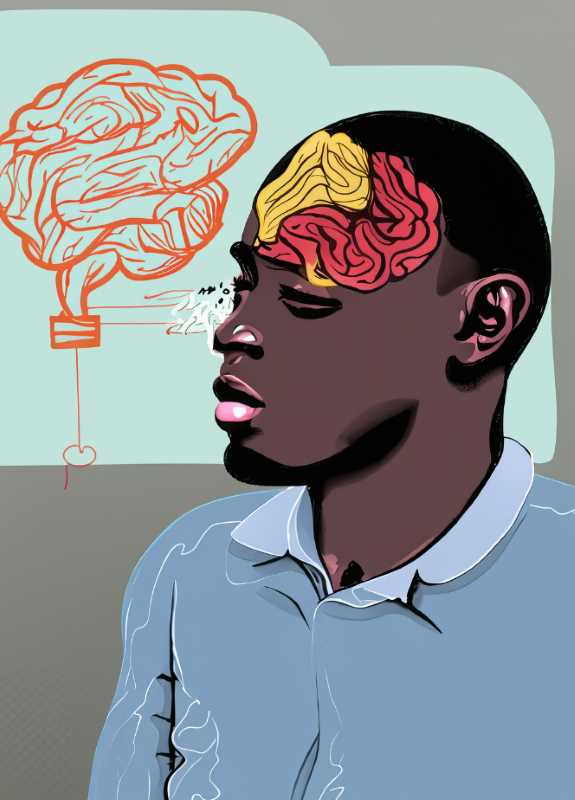Your Brain Never Really Goes on Vacation, But It Does Need A Break
Hugo Sánchez Castillo highlights the brain's constant activity, even during vacations. While it never shuts off, breaks reduce stress hormone levels, aiding cognitive functions. Proper rest and care, such as good sleep and nutrition, are essential for holistic well-being.

We've all heard the phrase, “I need a vacation from my vacation.” This sentiment might be more profound than we realize, particularly when it comes to the way our brains function. Hugo Sánchez Castillo, a leading figure from the Laboratory of Neuropsychopharmacology and Temporal Estimation at UNAM's Faculty of Psychology, provides a compelling insight into our brain's dynamics during these supposed “breaks.”
Your Brain at Rest
Firstly, let's get one thing straight: our brain is never truly “off.” As Castillo asserts, the brain is a tireless worker, continuously processing information, managing bodily functions, and much more. Its rest comes in the form of decreased workload, particularly during holidays. But how does this work?
Imagine the myriad micro-stressors in our daily routine: the morning rush, work deadlines, family responsibilities, and more. Castillo explains that, when we take a break from these, there's a significant decline in cortisol, the body's primary stress hormone. This decrease accompanies alterations in our dopamine and adrenaline systems, and there might even be a release of endogenous opioids, such as beta-endorphins and metencephalins. These changes collectively contribute to the relaxation and rejuvenation we feel during holidays.
The Importance of Play and Rest
World Brain Day, celebrated on July 22, serves as a reminder of the brain's significance and its need for recuperation. Castillo mentions that engaging in playful activities during breaks can lower stress levels and restore balance. This “de-stressed” state has noticeable physiological manifestations, including improvements in cognitive functions, sleep patterns, mood, and even posture. In essence, a rested brain equals a healthier body.
Not Everyone's Vacation is Relaxing
However, Castillo offers a caution. Not everyone truly “rests” during their time off. Some jobs, like those in food delivery or tourist services, see vacation periods as their peak season, fraught with stress and increased demands. Additionally, there are those among us who manage to remain stressed, even when attempting relaxation.
For these individuals, and for all of us, recognizing the importance of breaks becomes even more crucial. Proper breaks, when taken in a peaceful and restorative manner, don't just offer temporary respite. They aid in memory consolidation, muscular recovery, cognitive system rejuvenation, anxiety reduction, and even boost overall work efficiency upon return.

Tips for Brain Care
Castillo underscores the significance of brain health, emphasizing the importance of good sleep habits, leisure activities, and balanced diets. While indulging a bit during vacations is typical, he advises against excessive indulgence in food or alcohol, which might ironically make us feel we need another break immediately after our vacation.
In conclusion, while our brains never truly go on vacation, giving them a genuine break can yield profound benefits. Recognizing the importance of rest and relaxation, both mentally and physically, is essential for overall well-being and optimal performance in our daily lives. So, next time you plan a break, make sure it's one that truly rejuvenates you – body and mind.




